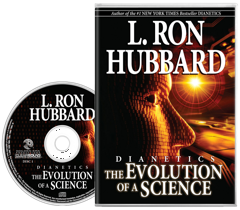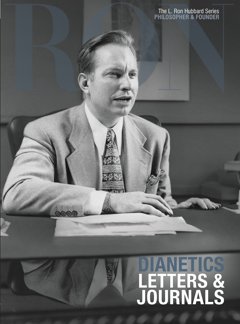Dianetics Fundamentals Explained
Dianetics Fundamentals Explained
Blog Article
Some Known Factual Statements About Dianetics
Table of ContentsIndicators on Dianetics You Need To KnowDianetics Can Be Fun For EveryoneHow Dianetics can Save You Time, Stress, and Money.The Ultimate Guide To Dianetics
I couldn't ever before not want to get anything that comes to mind for you- if it was otherwise, I would not be resting below with you, doing this. I not only could never ever have an issue, or not intend to listen to something that enters your mind for you, but I'm totally anxious to know every idea, every thought, every photo or feeling that emerges or materializes for you- don't ever assume or else, and if for one reason or another you do, please simply allow me know! Often, you may have an idea, and picture, concept or incident pop up that does not seem to address the inquiry, or connect to it, but nevertheless, always do tell me about it, and as we continue, the relevance will emerge for you.This is inherent in the basis of handling, and the subject of this conversation: the basic duties of the counselor and the client: The standard duty of the counselor is, unlike "common training", not to regulate, which indicates to impose and/or prevent, but to instead function from the basis of EMPOWERING THE CLIENT.

What Does Dianetics Do?
John Mcmasters revealed this standard fact incredibly well in among his lectures on Power processing, wherein he clarifies exactly how he was asked what this "special flair" was that he had for giving such wonderful sessions; he needed to consider that for a minute, and spotted that it was what he wasn't doing, in addition to what he was doing: he wasn't evaluating, evaluating, computing, or actually, creating any type of thoughts, allow alone verbal expressions, after giving the command and while awaiting the computer to finish their answer to their satisfaction; he was, merely and only, existing with the PC, and totally interested.
The function of the counselor, demonstrated; that was his "unique knack". I have actually had my own experience which instructed me this well, Learn More Here very early in the video game. In 1982, having just recently completed my training and internship on New Age Dianetics, I was running this on a PC, and there was a point in the session where (being a bit wet behind the ears not yet having numerous hours under my belt as an expert auditor) the PC seemed to be "taking as well lengthy" to pop over to this web-site express anything verbally after I gave him a command.
This trick became one of the most beneficial payment that John ever made to the topic of therapy or auditing (Dianetics). In my simple opinion, it is the greatest contribution that any person has actually ever before made to these subjectsthe application is totally non-judgemental, non-evaluative, and devoid of any suggestion, guidance or opinion.no preconditioned program for people, or 'degrees' that they should do
In Scientology we prided ourselves on not evaluating for people. All that really meant was that the auditor did not Vocally evaluate for the Computer in session.
Get This Report on Dianetics

Anybody that had actually ever seen John audit could not assist yet discover an unique high quality in his auditing."The customer's basic role is to be there with the function of relocating the direction of their spiritual goals, and to easily and fully share and experience whatever manifests for them in addressing the concerns and carrying out the directions in the handling.
This is something to process as required. Also, people often have special info previous experience and/or brainwashing in auditing/processing which, in some methods, and to some degrees, really misleads them into mindsets, ideas and habits patterns that stop the complete realization of these roles, and so they will tend to inhibit the expressing of what comes to mind, as in the examples given above - Dianetics. * The first, and perhaps foremost examples of mis-indoctrination leading to much less than completely smooth and efficient sessions, can be discovered in specific aspects of the training routines, or "TR's":"TR's" are often a person's first, or at least early, experience in Scientology, and while I will certainly take place to clarify what I see as the imperfections in principle and technique, nonetheless, tend to be considerably restorative, done as they are given (Hubbard insists that "TR's are not refining, they are training", yet factually, they are both handling AND training)
There is no "failing", and no rejection of the truth of this being processing. The emphasis, as it should be, is on experiencing the various other individual's visibility.
Things about Dianetics

Report this page